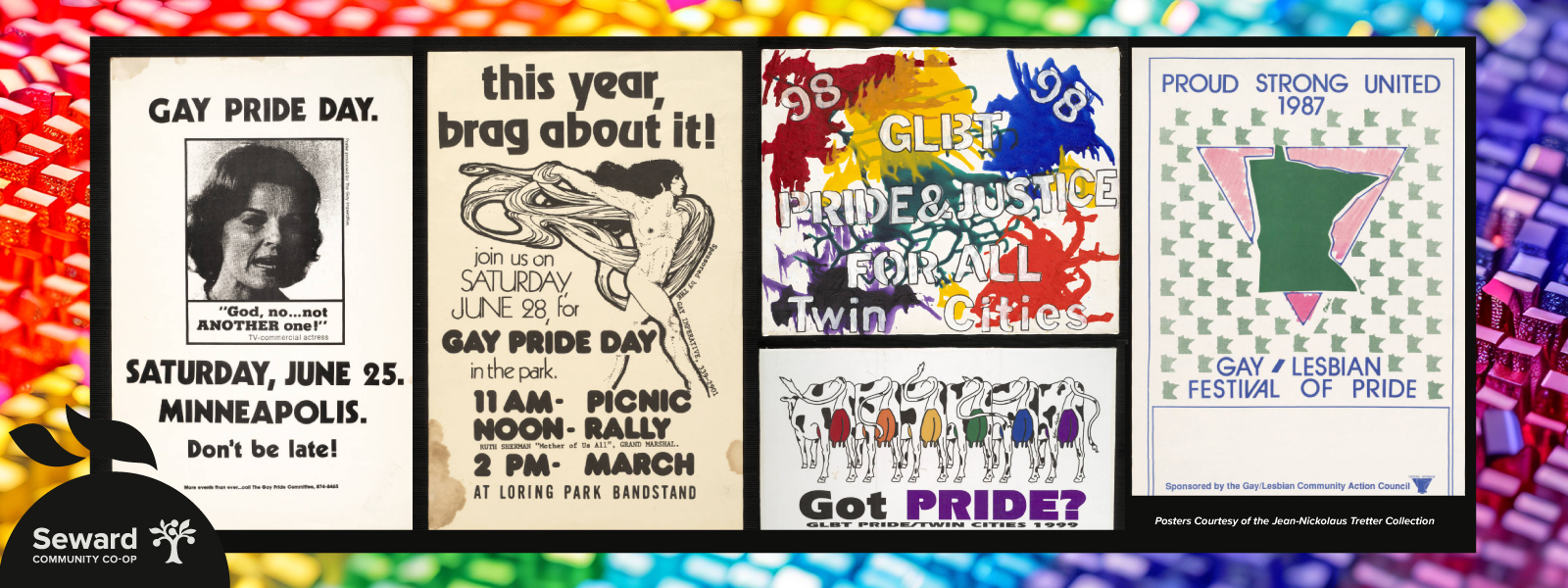Along with warm weather, barbeques, and many opportunities for outdoor adventures, summer also brings Pride Month. We recognize June as a time to honor and celebrate members of the LGBTQ+ community who paved the way for many of us to live loud and authentically.
History of Pride in the Twin Cities
Origins of Pride
On June 28, 1969 the first day of the Stonewall riots broke out after police raided the Stonewall Inn, a popular gay bar in Manhattan. Only until three years prior it was illegal to sell alcohol to gay people, and in 1969 it was still a crime to be openly gay. Police would regularly raid and attack patrons of gay bars, many of which operated without liquor licenses. BIPOC and trans women were credited for starting the six-day riots that pushed back against the police who were using unjust laws to deny members of the LGBTQ+ community their basic human and civil rights. Although today we use Pride month to celebrate, the first years of Pride after the Stonewall riots were more geared towards protest and activism, as well as a demand to be seen and respected.
Twin Cities Pride
The Twin Cities has its own strong roots in queer liberation. Jack Baker was elected in 1971 as the first openly gay student body president at the University of Minnesota. After visiting Chicago’s Pride event that year, he decided the Twin Cities needed one, too. In 1972, 50 people marched on Nicollet Mall on the third anniversary of the Stonewall Riots. Although they expected to get arrested, they were pleasantly surprised to find no resistance to the march and they enjoyed a picnic at Loring Park. The following year, the number of attendees tripled and included more lighthearted events like a dance, picnic, and outdoor events like softball and canoeing. Although the ‘80s brought a few faction-splitting events between lesbian women and gay men, particularly in 1982, over time it was sorted out. The community realized its strength in unity. In fact, the Twin Cities was among the first national Pride festivals to add the “B” and “T” for bisexual and transgender identities to the name. In the 50+ years since the first local Pride march, the event has become more family-friendly, featuring local LGBTQ+ vendor markets and concerts. Although there is still much work to be done for equity for members of the LGBTQ+ community, Seward Co-op is proud to be a place where everyone is welcome.
Historic Posters from Twin Cities Pride, Courtesy of the Jean-Nickolaus Tretter Collection
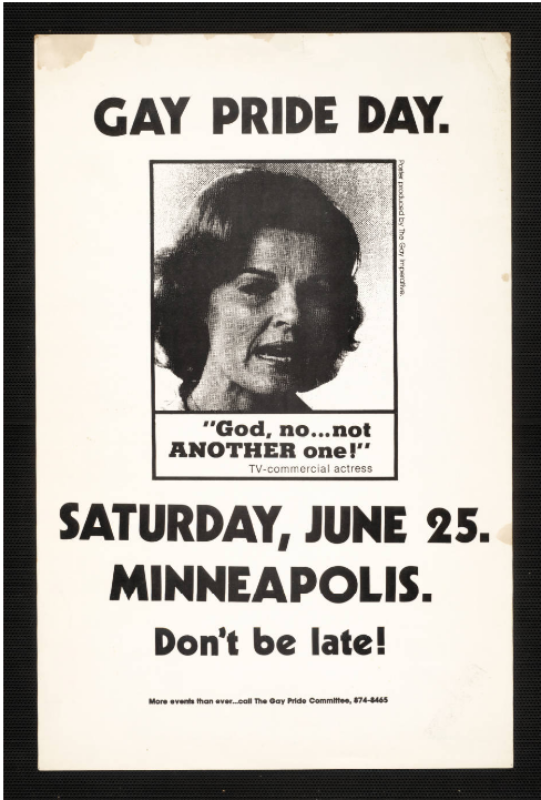
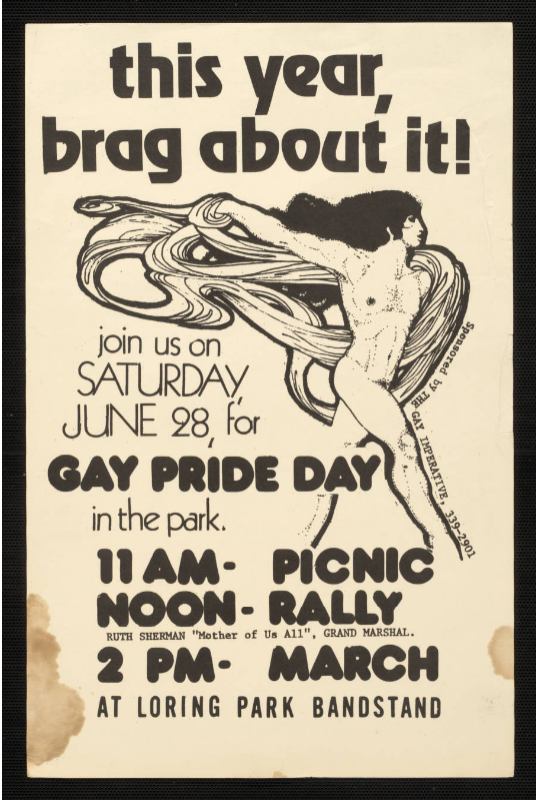
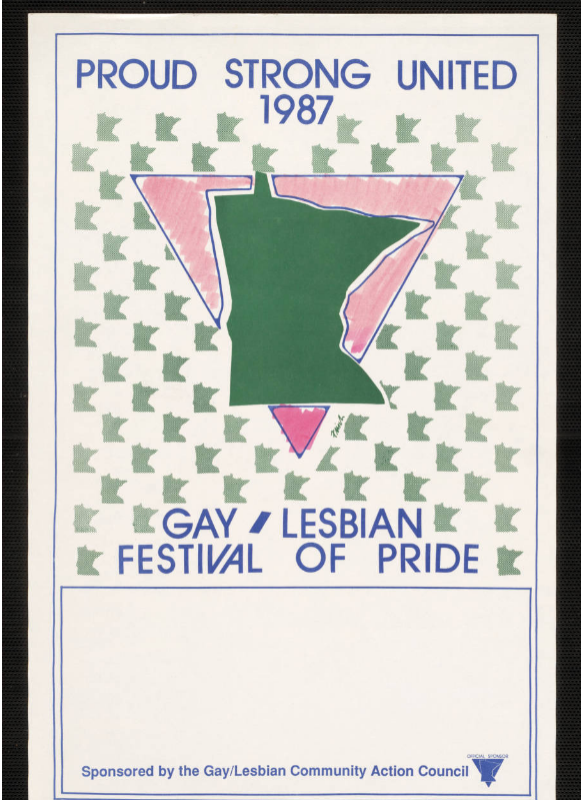
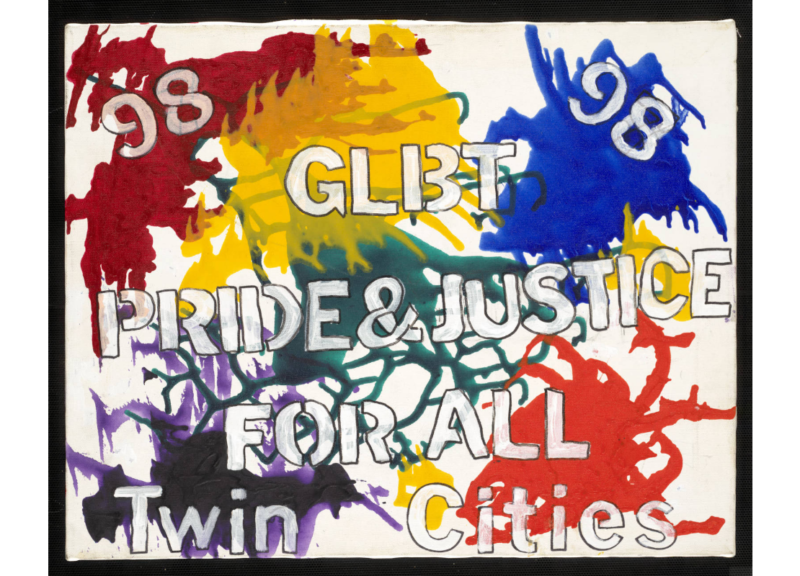
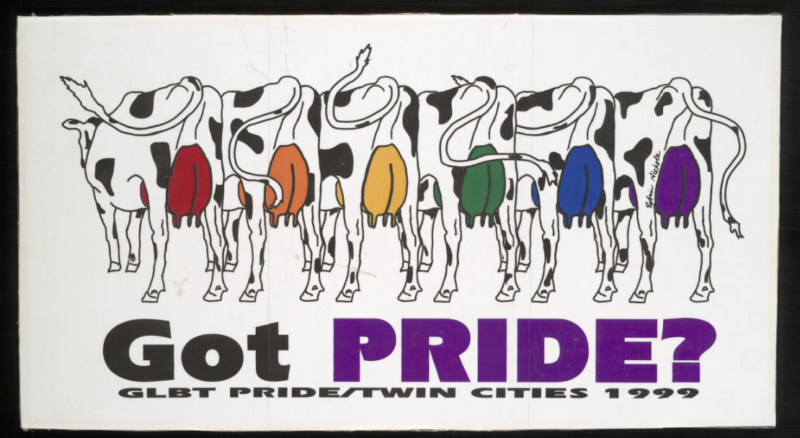
Partnering in Pride
Seward Co-op also had its inception the same year as our local Pride parade in 1972. Since then, we’ve always been a\ place that has been a home for members of the LGBTQ+ community, from staff to shoppers and the vendors we work with. We spoke to two of our partners, Lavender Magazine and SEED Recipient RECLAIM, to tell us what Pride means to them, and how working with Seward Co-op helps them to live their values.
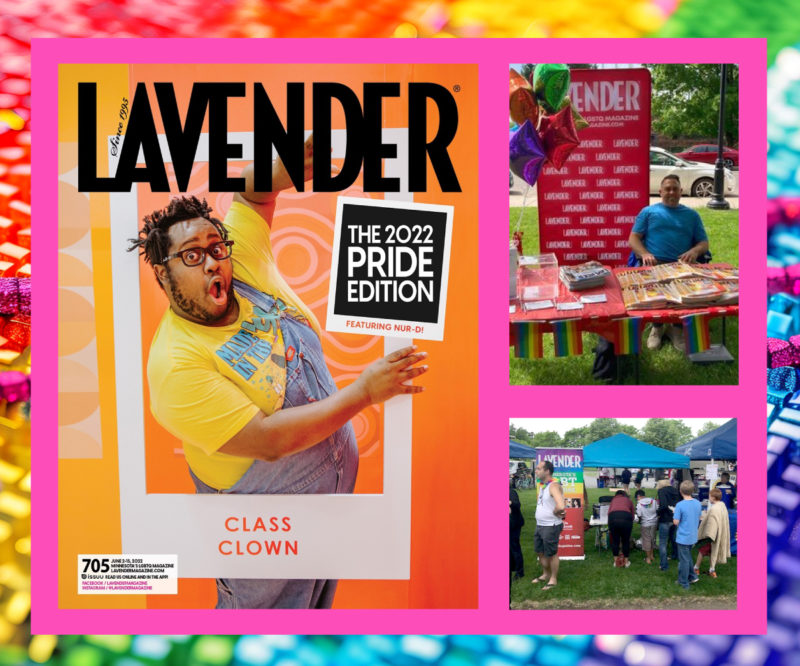 “Pride is a time to come together and celebrate our achievements while also recommitting to the work still needed to help create a more equitable, inclusive and welcoming world. A big part of Lavender’s mission is giving back and we are proud to annually support more than 60 local organizations doing important work within our community.
“Pride is a time to come together and celebrate our achievements while also recommitting to the work still needed to help create a more equitable, inclusive and welcoming world. A big part of Lavender’s mission is giving back and we are proud to annually support more than 60 local organizations doing important work within our community.
Likewise, through their community grant and donation programs, Seward Co-op continues its mission of sustaining a healthy community. People are key to the success of any business, and over the years, we’ve been fortunate to work with many friendly and talented people at Seward Co-op who work passionately to help build and strengthen our community.”
– Barry L., Lavender Magazine
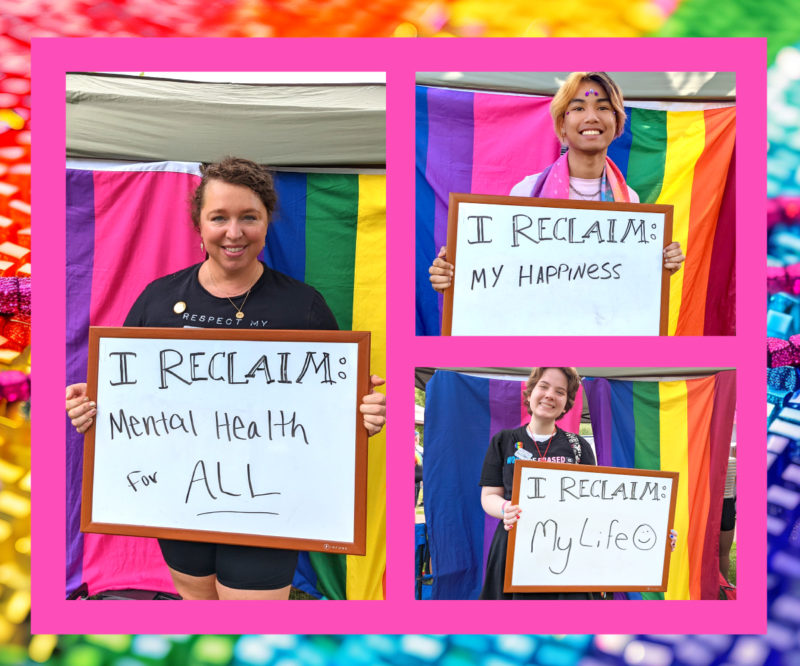 “Pride is ultimately about celebration. It’s about celebrating who we are as individuals, as well as celebrating the beautiful diversity of communities within the LGBTQ+ umbrella. Pride is about remembering our past and the struggles of our ancestors, and it’s a collective reminder for all of us to continue striving for a more just society.
“Pride is ultimately about celebration. It’s about celebrating who we are as individuals, as well as celebrating the beautiful diversity of communities within the LGBTQ+ umbrella. Pride is about remembering our past and the struggles of our ancestors, and it’s a collective reminder for all of us to continue striving for a more just society.
Seward Co-op has been instrumental in helping elevate awareness of RECLAIM’s work to their community. We’ve had several opportunities to share our services with Seward Co-op customers, and it has helped us serve more queer and trans youth. We’ve also been able to meet and build partnerships with new community providers thanks to our collaboration with Seward.
Seward’s financial support of RECLAIM helps us sustain our commitment to financial accessibility so queer and trans youth can access the mental health care they deserve to receive. Seward Co-op is truly committed to supportive community partnerships. In all our interactions with Seward Co-op staff, it’s clear they are committed to creating a welcoming environment for everyone, and it’s clear they believe in creating a better world for all.”
– Ryan. F, RECLAIM
